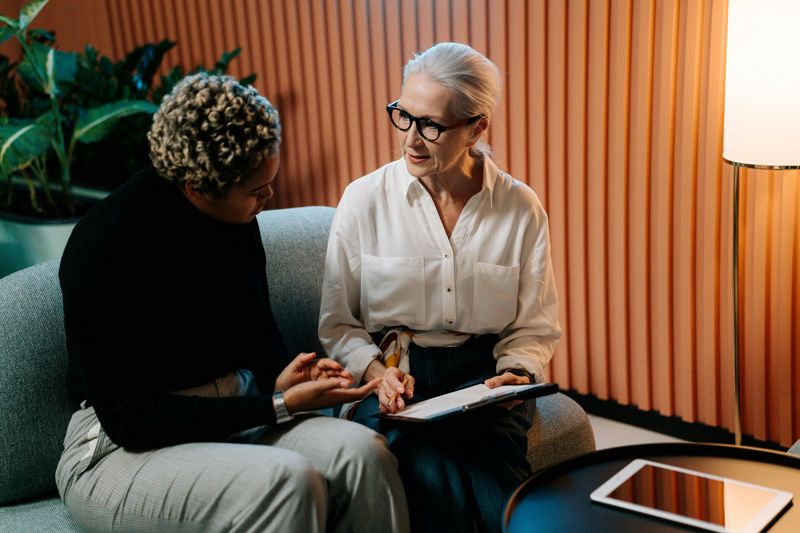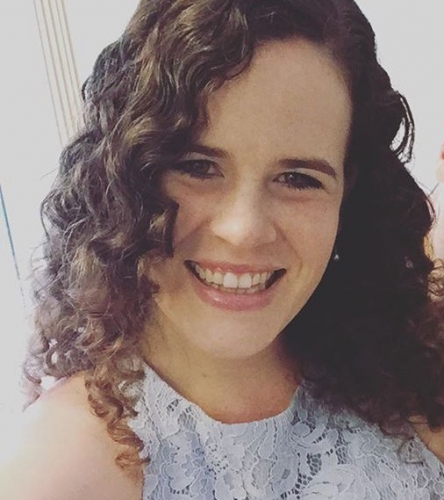For many newly graduated physiotherapists, stepping into the profession can feel both exciting and daunting. You’ve invested years into your studies and clinical placements, but the transition from student to independent practitioner comes with new challenges. From building clinical confidence and navigating workplace dynamics to mapping out long-term career goals, there’s a lot to consider.
One of the most effective ways to navigate this early phase is to seek out a mentor. The right mentor can provide the guidance, perspective and support that sets the tone for your entire career. Starting early with a mentor is not simply about having someone to ask questions, it’s about gaining the insights and encouragement that will shape how you grow as a professional for years to come.
Subscribe for FREE to the HealthTimes magazine
But what does a mentor really do?
A mentor is more than a senior colleague who checks your work. At its core, mentorship is a professional relationship built on trust, respect and mutual learning. A good mentor:
-
Provides guidance: Whether it’s refining assessment skills or making career choices, they help you work through decisions with confidence.
-
Offers perspective: Having been through similar challenges, they can help you see the bigger picture and avoid common pitfalls.
-
Encourages growth: Mentors can push you beyond your comfort zone and help identify areas where you can develop further.
-
Supports your wellbeing: They understand the pressures of physiotherapy work and can be a sounding board when things feel overwhelming.
Mentorship is not a one-size-fits-all arrangement. Some mentors are hands-on, while others take a more reflective approach. The key is finding someone who complements your learning style and career aspirations.
FEATURED JOBS
Federation University Australia
While finding a mentor at any stage of your career can be beneficial, in the early stages of your physiotherapy career, you are forming habits, building networks and establishing your professional identity. The choices you make now can have a lasting impact.
Starting mentorship early can accelerate your learning curve by helping you consolidate theory into real-world practice, navigate complex cases and build confidence in your clinical decisions. It can also broaden your perspective by exposing you to different specialties and career pathways, while opening doors to opportunities you may not have considered.
With a mentor’s support, you’re more likely to build resilience during the challenges of your early career and develop healthy coping strategies. Additionally, mentors can strengthen your professional network by connecting you with roles, projects and continuing education opportunities that support your long-term growth.
Of course, finding the “right fit” is crucial for a productive and beneficial mentor/mentee relationship and a great mentor for one physiotherapist may not be the right person for someone else. To help you find a mentor who aligns with your needs it is essential to:
https://www.youtube.com/watch?v=KlotJ3G231c
-
Clarify your goals: Before you approach a potential mentor, ask yourself: What do I want to get out of this relationship? Are you hoping to improve specific clinical skills? Do you want advice about career progression? Or are you seeking guidance about balancing work with other life priorities? Clear goals will help you find a mentor who is well-suited to support you.
-
Look within your workplace, and beyond: Many private practices and hospital departments have formal mentoring or supervision programs for new graduates. If your workplace offers this, take advantage of it. However, don’t limit yourself to those you work with directly. Physiotherapy associations, such as the APA, universities and professional networks often run mentorship programs that can pair you with experienced clinicians in your area of interest.
-
Consider personality and communication style: The best mentors are those you feel comfortable being honest with. Do you prefer someone who gives direct feedback or a mentor who guides with open-ended questions? Do you value structured check-ins or more casual conversations? A personality match can make a big difference in how productive the relationship feels.
-
Don’t be afraid to reach out: Many experienced physiotherapists are passionate about supporting the next generation and will be flattered to be asked. Start with a simple message explaining why you admire their work and what you hope to gain from a mentorship relationship.
Once you’ve found a mentor, it’s important to approach the relationship with intention, this can help to ensure you and your mentor both get the most out of it. This often looks like:
-
Being prepared: Come to each catch-up with questions or topics you’d like to discuss.
-
Being open to feedback: Honest feedback can be uncomfortable at first, but it’s often the fastest way to improve.
-
Respecting their time: Mentors are often busy professionals, so be punctual and flexible with scheduling.
-
Following through: If your mentor suggests a resource or task, take action and report back, it shows you value their input.
-
Reassessing over time: As your career evolves, your needs may change. It’s okay to adjust the relationship or seek additional mentors with different expertise.
It’s easy to think of mentorship as purely about becoming a better physiotherapist at the treatment table, but the reality is broader. A good mentor can help you navigate workplace culture, advocate for fair working conditions and even explore leadership or business opportunities down the track.
For physiotherapists in rural or regional areas, mentorship can also be a crucial lifeline to the broader professional community. Virtual mentoring relationships, supported by technology, can bridge geographical gaps and ensure you’re not left to “figure it out” on your own.
Your early years as a physiotherapist set the tone for your career. Finding the right mentor now can give you the support and perspective you need to grow with confidence. Mentorship isn’t about having all the answers, it’s about developing the judgement to chart your own path with someone who’s been there before. Starting early with the right mentor can make all the difference to your long-term success.













